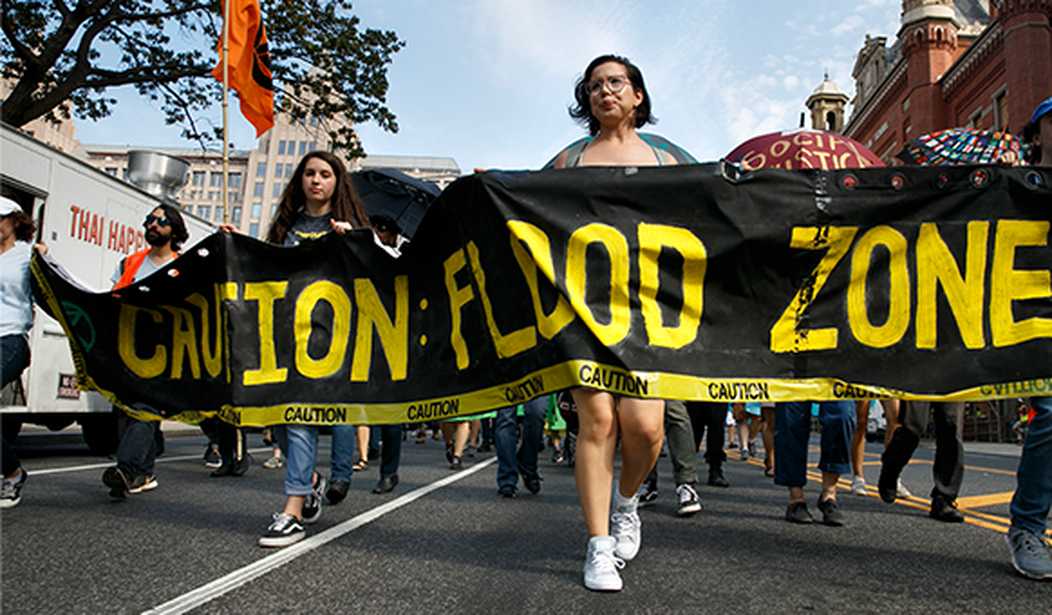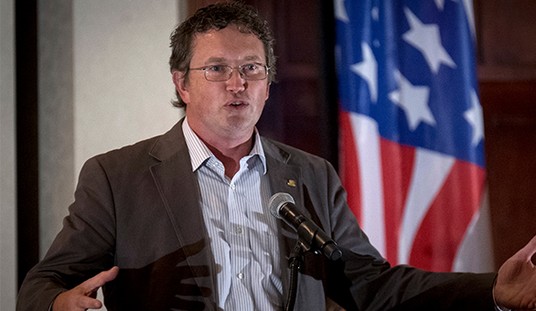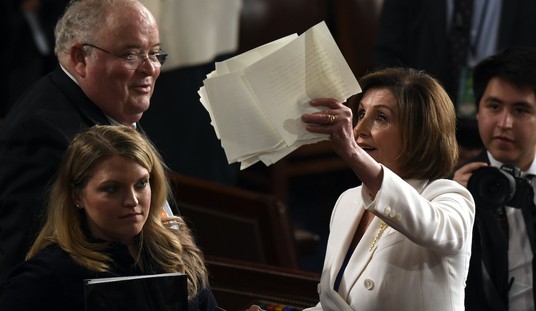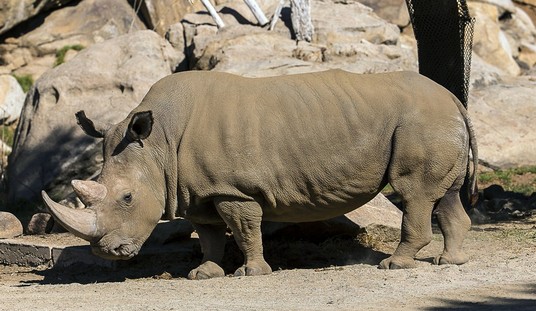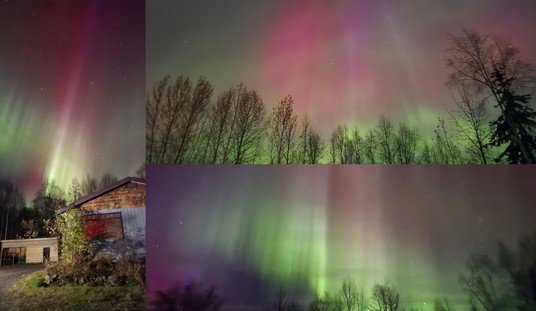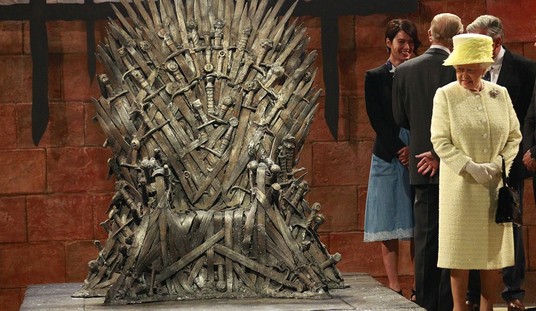Much of the recent news cycle has been taken up with the infamous Palm Springs bomber, who described himself as a "pro-mortalist," which translates into being pro-death; this, no doubt, explains his choice of a fertility clinic for his attack. Fortunately, the bomber himself was the only death in that infamous incident, although four others were hurt.
The attacker - for, yes, this was an attack - left behind writings describing his sick philosophy, and expressing anger that somehow his parents did not "ask his consent" for him to be born. It's unclear how that's supposed to work; how does one get the consent of a fertilized ovum, an embryo, or even a fetus? That's just one of the many ways this person was sick in the head.
My colleague Bob Hoge has done some great reporting on this goblin:
See Also: Update: Palm Springs Bomber Identified, Identifies As 'Pro-Mortalist'
Palm Springs Explosion Press Conference: 'Make No Mistake: This Was an Intentional Act of Terrorism'
And, as it turns out, he's got company. A recent piece in Slate by a nut named Lizzie Wade sings the praises of human extinction in the name of protecting the earth from climate-altering humans.
I’ve spent most of my life terrified of climate change and the apocalyptic future it seems destined to create. I was 2 years old when climate scientist James Hansen historically testified before Congress about the “greenhouse effect,” and things haven’t exactly gotten better from there. But humming just underneath my fear of inevitable disasters, rage about our leaders’ decades-long failure to act, and grief for the version of our planet that was disappearing before my eyes, there used to be a note of dark optimism. Maybe, if it gets bad enough, humans will go extinct, I thought, hopefully.
I relished the idea of human extinction not only because it seemed obvious that the Earth would be better off without us, but because we so richly deserved it. And our species does seem determined to bring this worst-case scenario upon ourselves and our fellow creatures. We know, beyond a shadow of a doubt, that we are destroying the ecosystems we live in and depend on, and all the rest besides. No place, no matter how seemingly human-free, is safe. (See: plastic bags in the Mariana Trench.) These facts do not collectively dissuade us: We’re barreling toward certain catastrophe with ever-increasing speed. I quietly hoped that one day, not too far in the future, we would have to face the ultimate consequence. It seemed as if we must.
Now, this nut seems to be changing her (yes, I'm presuming her gender) mind:
I’ve come to see that expecting—or hoping for—human extinction is actually taking the easy way out. Embracing a vision of the future that counts on the worst version of ourselves, doing the worst things we can imagine, lets us off the hook of doing the hard work of dreaming up and working toward the futures we want. Apocalypse forces us to radically change. But by facing the future with optimism instead of doom, we can transform ourselves into the kinds of people—the kinds of communities—who can survive.
The problem with these arguments is that every single premise that Lizzie Wade bases these arguments on is false, many of them laughably so. We've had cold spells in the past, like the Little Ice Age, which lasted from 1300 to 1850 or so, which was marked by massive crop failures and famines. The Medieval Warm Period, on the other hand, which lasted from roughly 900 to 1300, resulted in an unprecedented spread of agriculture and population growth. The Romans were growing wine grapes in Britain in this period, which cannot be done today outside of a greenhouse. Humans do better in warm weather, not worse; that's no surprise, as we are still, biologically, creatures of a warm, dry climate.
By every metric, the human condition has improved since the end of the Little Ice Age. Life expectancies are greater, infant mortality is lower, and human deaths from climate, whether heat or cold, have plummeted to the level of near-insignificance.
That's because humans have a unique ability among all of the life on earth: We can adapt our environment to suit us. We have a modern, technological lifestyle. Our homes are heated and air-conditioned. We have enormous technological capacity and, for most of us, the wisdom to understand that the Earth doesn't have a "correct" temperature setting.
Slate, in this little piece of speculative fiction masquerading as journalism, is doing nothing more than to try to spread the climate scold agenda; to, once more, attempt to convince us that our modern technological lifestyle must be diminished to prevent the earth's climate from doing something we're not even sure it's doing. This isn't journalism. It's panic-mongering. And to anyone who thinks that human extinction is a way to save the planet, they are free to act on their own behalf to get that party started, while the rest of us go on with our comfortable, modern lives.

